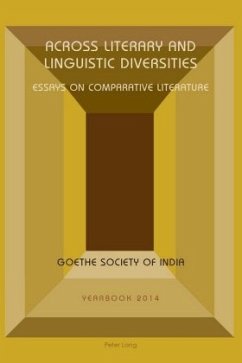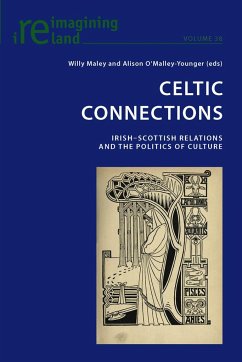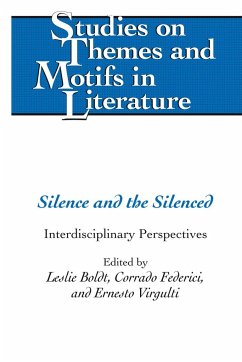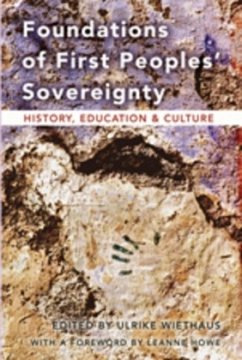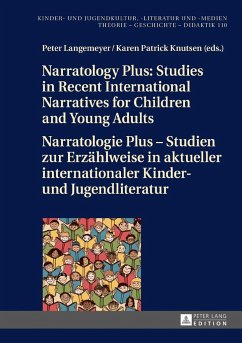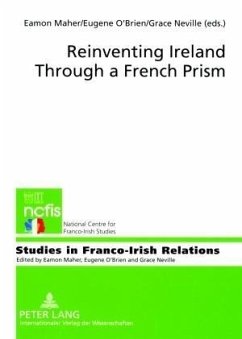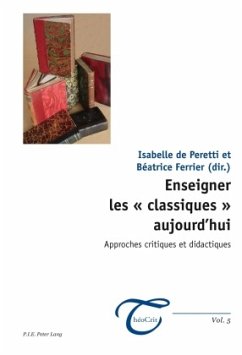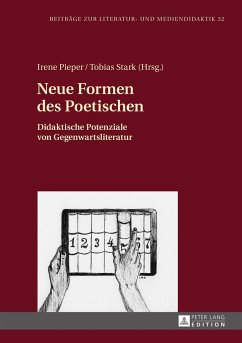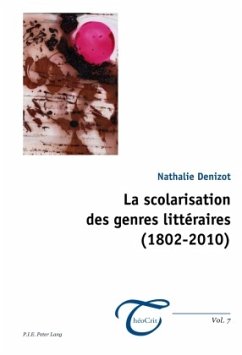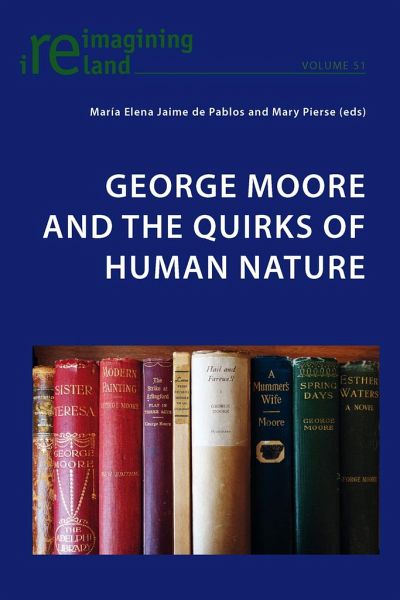
George Moore and the Quirks of Human Nature
Versandkostenfrei!
Versandfertig in 6-10 Tagen
65,35 €
inkl. MwSt.

PAYBACK Punkte
0 °P sammeln!
The engaging figure of Irish writer George Moore (1852-1933) comes to life in this collection of essays on his works and influences. So often considered as dangerously controversial in his lifetime, his literary output can now be appreciated as groundbreaking, artistically sophisticated and particularly significant for the innovations he introduced into English literature. In this volume, international Moore scholars venture into previously unexplored literary, historical and psychological territory as they shine new light on Moore's diagnoses, and on his presentation of human quirks. In turn,...
The engaging figure of Irish writer George Moore (1852-1933) comes to life in this collection of essays on his works and influences. So often considered as dangerously controversial in his lifetime, his literary output can now be appreciated as groundbreaking, artistically sophisticated and particularly significant for the innovations he introduced into English literature. In this volume, international Moore scholars venture into previously unexplored literary, historical and psychological territory as they shine new light on Moore's diagnoses, and on his presentation of human quirks. In turn, and in a Moorian spirit, the author is critically examined for his alleged feminist credentials, his spiritual understanding, his cultural insights and his literary experimentation. The analytical focus is sharp; the presence of Joyce, Yeats, Wilde, Zola and Dujardin is strong; and the surrounding atmosphere of Revival Ireland is unmistakable, albeit with a French colouring. This is an entertaining and enlightening compilation that will engage the reader and provide much relevant material for specialists across a variety of fields.





